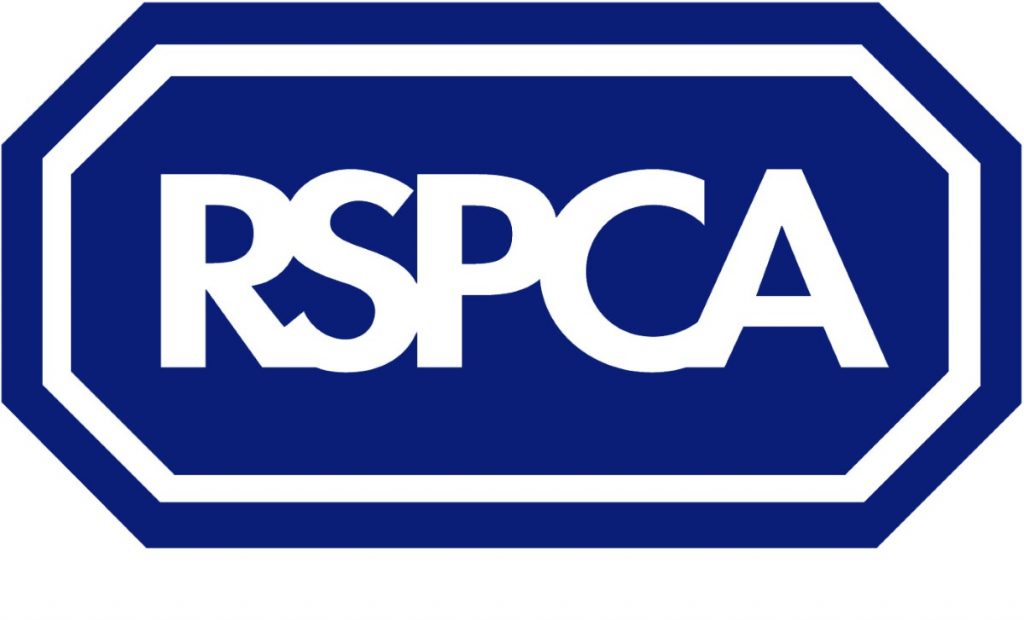A petition has reached 100,000 signatures meaning MPs will debate restricting the use of fireworks.
The RSPCA is supporting the call to ban the private use of fireworks on all but certain days of the year.
You can write to your MP here www.rspca.org.uk/restrictfireworks to ask them to attend the debate on June 6 and support this campaign.
Figures from the RSPCA show hundreds of calls are made about fireworks every year to the charity.
In 2011 the RSPCA received 255 calls which rose to a peak of 386 in 2015 – an increase of more than 50 per cent. In the last five years this added up to 1,482 calls.
Research has shown that 45% of dogs* are fearful of fireworks meaning thousands of animals lives are made a misery every year.
Although it is possible to treat firework phobias, if pet owners knew when to expect fireworks it would help them prepare their pets and help them cope.
Sadly it is not just companion animals that are affected by fireworks. Farm animals also can be easily frightened by loud noises and sudden flashes of bright light, which can startle them and cause them to injure themselves on fencing, farm equipment or, in the case of housed animals, on fixtures and fittings within the house. Further, wildlife can be burnt alive after making their home in bonfires.
The RSPCA now wants to see the private use of fireworks and the sale of those fireworks restricted to certain days; November 5, New Year’s Eve, Chinese New Year and Diwali.
The charity would also like to see the maximum permitted noise level of fireworks for public sale reduced from 120 decibels – equivalent to a jet aircraft taking off at 100 metres – to 96 decibels. This is likely to further reduce the stress to animals*.
Claire Ewers, who owns two dogs Jess [pictured] and Roxie, said: "When fireworks are not set off on normal dates, it is impossible to plan ahead – which means I could be at work worrying that my girls are home alone and scared, which is heart breaking.
"They will often be sick, and mess themselves too."
"It is heart breaking to watch, and you just never know when fireworks will go off – especially during fireworks season – which can last from October right through to January."
"If it was one week of fireworks, or if they were let off just on normal celebratory nights like New Year's Eve, or November the 5th – we could plan ahead and handle it. But not three or four months."
Amanda Thorne lost her horse, Beemer [pictured], following an unexpected private fireworks display in November 2011 near where he was being stabled on the outskirts of High Wycombe, Buckinghamshire.
Beemer who was 11 at the time suffered from severe colic – something he had never experienced before – following a private fireworks party near his stable in the days after Bonfire night.
Amanda said: “I got Beemer when I was still a student, I raised him from a six month old foal, I put everything I had into him financially and spent thousands on his dressage training.
“It wasn’t just that he was a member of our family but he was really talented too, Beemer was an absolute superstar, it is heartbreaking.”
RSPCA Campaign manager Ari Winfield said: “Clearly there is widespread public concern about this issue as can be shown by the petition that led to this parliamentary debate reaching 103,000 signatures.
“There is current legislation in place but the RSPCA believes the Fireworks Act 2003 and the Fireworks regulation 2004 doesn’t go far enough.
“We want to see the government take advantage of this by strengthening the existing acts and restricting the use of fireworks to traditional dates of the year like bonfire night.”
Julie Doorne, who started the e-petition said: “The use of fireworks is getting out of control – while no one would want to stop people having fun or celebrating special dates like New Year’s Eve, these celebrations are going on for weeks during autumn and winter.
“I have heard examples of pet owners having to put their pets in boarding and even some owners moving house to more rural areas to escape the noise.
“MPs need to listen to their constituents who are calling for the law to be tightened up.”
Lisa Richards, RSPCA welfare expert, said: “Firework phobia in pets is a treatable condition and we recommend seeking advice from your vet. There are also some simple things worried owners can do to help their pets cope, including, making sure dogs and cats are indoors, trying to mask the noise of the fireworks by turning on the TV or music, and providing pets with a safe place to hide at all times.
“Small animals that live outside should have lots of extra bedding so they can burrow and some of their enclosure could be covered by a blanket for extra insulation and sound-proofing.”
More information can be found on our website here www.rspca.org.uk/fireworks.
Notes to editors
? *Based on research commissioned by the RSPCA and conducted by the University of Bristol in 2005.
? For interviews and more information on the case studies please ring the press office.
? *These figures are taken from an RSPCA commissioned report ‘Quiet Please’.
RSPCA, Wilberforce Way, Southwater, Horsham, West Sussex RH13 9RS
Press office direct lines: 0300 123 0244/0288 Fax: 0303 123 0099
Duty press officer (evenings and weekends) Tel 07825 158490
Email: press@rspca.org.uk Website: www.rspca.org.uk





-01.png)